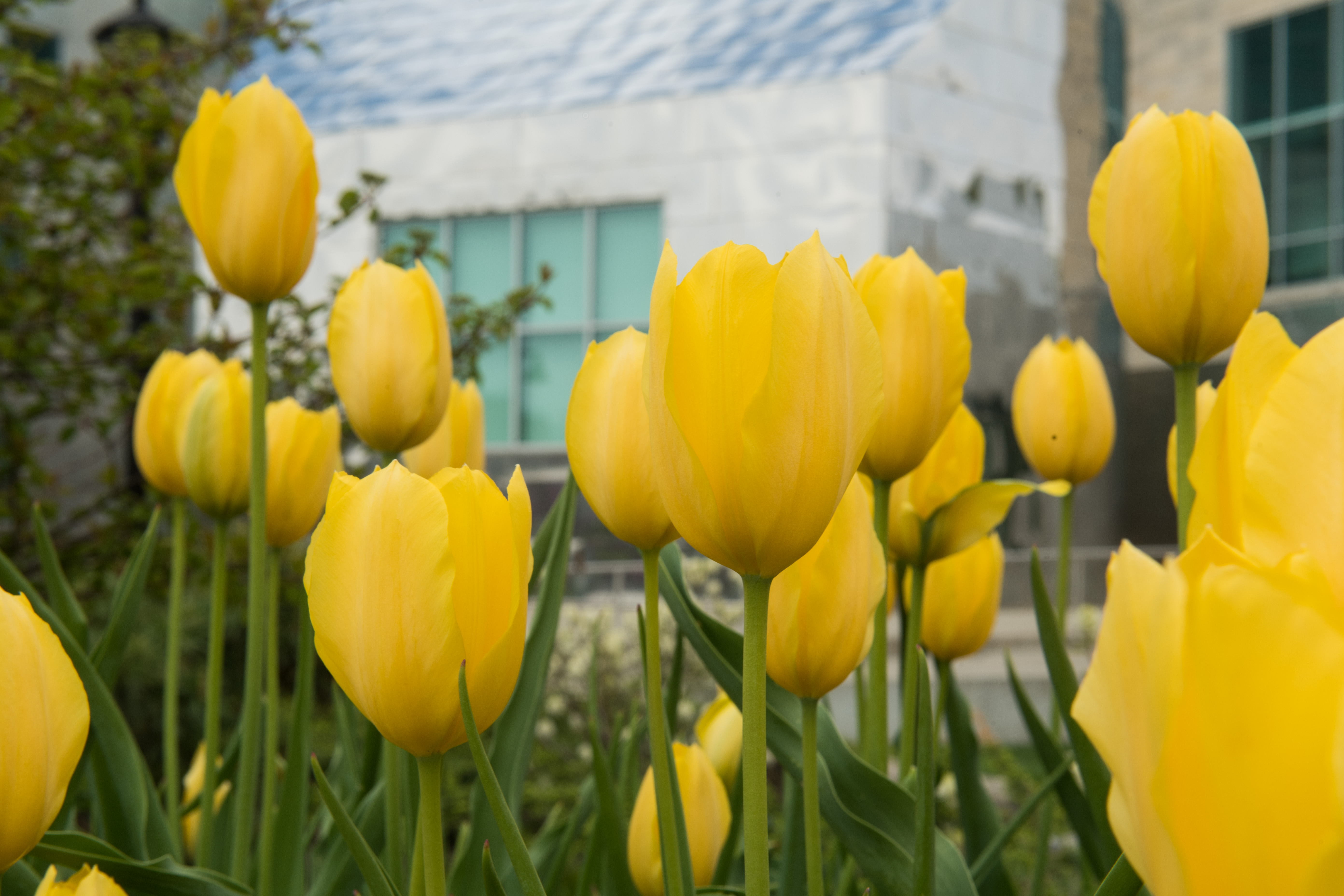College of Liberal Arts & Sciences
CEE graduate student Hui Zhi receives Iowa Water Center grant

By Sarah Freeman. Originally published via UI Engineering News.
AMES, IOWA – The Iowa Water Center (IWC) annually administers a statewide grant competition known as the IWC Graduate Student Research Competition.
The purpose of this funding is to enable graduate students to complete additional research objectives beyond the scope of their current work, with an emphasis on submitting their research to peer-reviewed publications.
Hui Zhi has been selected among three other graduate students from across Iowa. She and the other recipients will receive funding for a variety of proposed research.
Zhi’s proposed research encompasses sorption and biodegradation of pharmaceuticals in Iowa’s water. It is titled ‘Quantifying Differential Sorption and Biodegradation of Pharmaceuticals in a Wastewater Effluent-dominated Stream in Iowa’.
Associate Director of the IWC Melissa Miller says, “Water Resources Research Institutes like the Iowa Water Center were authorized by Congress in part to address emerging water resources concerns through research. The fate and transport of pharmaceuticals in our water is of critical interest to both the state and region, and we look forward to sharing the results of Ms. Zhi’s work.”
“From this research, we’ll better understand the fate and transformation of pharmaceuticals in the surface water. It’s important we understand what’s in our drinking water, what’s in the treated wastewater, and what’s in the streams and rivers. And, how they change spatially and temporally,” Zhi says.
Get to Know Hui Zhi, PhD Candidate at the University of Iowa
Typically, Zhi wakes up around 6:30 A.M. and makes herself breakfast and a cup of black coffee. Once at her office, she checks emails and reads journal article updates.
One early morning in her office, Zhi received an email about the IWC’s grant competition and thought, “it would be a really great opportunity to apply for.” She spoke to her adviser about the competition and he encouraged her to write and submit a proposal.
“It caught my eye,” Zhi says of the grant competition email. Zhi’s research from this grant work will be a one-year study that employs both field and laboratory research approaches.
Zhi says, “I really enjoy working in the lab and look forward to getting the results.”
Zhi grew up in China, where she completed her bachelor’s degree in an environmental science program at China Pharmaceutical University.
The environmental crisis in China influenced Zhi to continue school and to focus on environmental engineering. She decided to continue her studies here in the United States, where Zhi believes, “the best programs in the world for environmental engineering are at.”
She received her master’s degree at Cornell University and is now a PhD candidate at the University of Iowa. Her anticipated completion year is 2020.
With her research, Zhi hopes people will better understand the behaviors of pharmaceutical mixtures in the water and their associated ecological impacts.
She explains, “The results will be able to help the right people, whoever is responsible for our water policy regulations, set in place science-based water quality regulations for pharmaceuticals. Regulations not just for our drinking water, but also in the treated wastewater that is discharged into our environment. Hopefully then, we will have a cleaner water environment.”
Instead of just focusing solely on the quality of our drinking water, Zhi thinks knowing what’s going on in all our water systems, for example streams and rivers, is vital to a healthy environment.
Pharmaceuticals can have impacts on aquatic species, such as fish, living in the water. If pharmaceuticals are accumulating in fish and people are eating these fish, the accumulation of pharmaceuticals ends up in human bodies.
Therefore, not only are we drinking pharmaceuticals, but we are also eating fish that have been accumulating pharmaceuticals over time. “People need to know what’s happening in the streams nearby that they’re swimming in and also in the waters their fish are found because there are potential impacts on the human body that we don’t clearly know yet,” Zhi says.
To help prevent research burnout, Zhi enjoys exercising. “Whether it’s cardio, yoga, boxing, rock climbing, or swimming, I love it. All these different sports help relieve any pressure from research, and I have a lot of fun doing them,” Zhi says.
For more information about this year’s recipients, please visit https://iawatercenter.wordpress.com/. To reference the general press release for all four recipients, please visit: http://www.water.iastate.edu/news/iowa-water-center-announces-2019-grant....
The Iowa Water Center is a federally funded organization, part of the National Institutes for Water Resources. Located on the Iowa State University campus, it is one of 54 institutes located throughout the United States and U.S territories. The purpose of the Iowa Water Center is to identify water-related research needs, provide outreach and education opportunities, and disseminate information about Iowa’s water resources to the public to form better policies and everyday practices. Learn more at https://www.water.iastate.edu/.

Related News
-
-
-
-
-
University of Iowa students had the chance to present their sustainable business pitches to win cash prizes at the 2019 Frontier Co-op – Tippie...